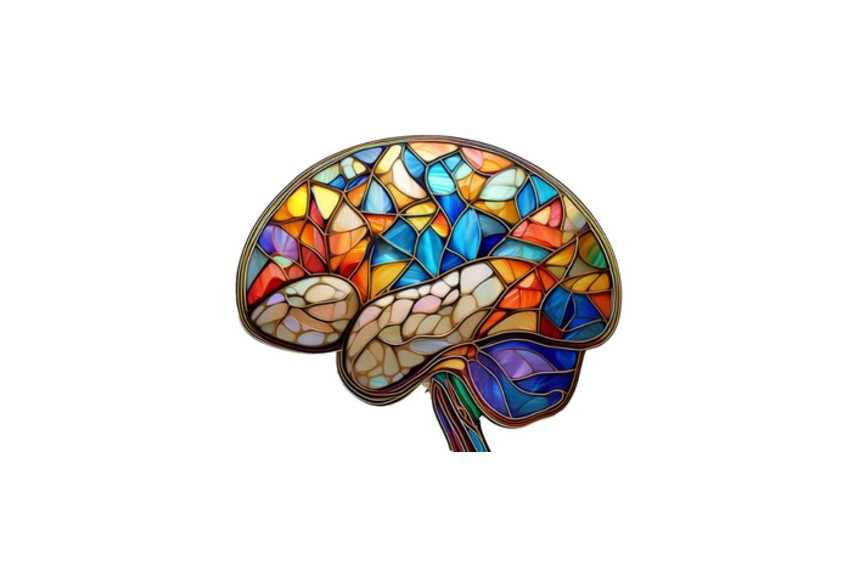Mo Lab
More than a thousand genetic causes of autism and intellectual disability have been identified, but understanding how these genetic variants lead to changes in brain development and disease continue to be significant challenges. Our laboratory seeks to understand the mechanisms of neurodevelopmental disorders using molecular biology, genomic, biochemical and computational tools.
We are broadly interested in two related areas: 1) the impacts of somatic mutations in brain development and disease; and 2) the molecular mechanisms of specific rare genetic disorders leading to autism and intellectual disability. Our interdisciplinary work involves neuroscience, molecular biology, genomics and computational biology. We apply next generation sequencing, single cell technologies, duplex consensus sequencing, computational tools and other techniques to iPSC models and postmortem human brain tissue.
By examining how the brain develops using new perspectives and new technologies, our goal is to advance the clinical understanding and treatment of neurodevelopmental disorders.
Current Projects

We study specific genetic disorders of brain development, including duplication 15q disorder, Phelan-McDermid syndrome, tuberous sclerosis, focal cortical dysplasia and others. We use a combination of postmortem brain tissue, single nuclei sequencing of gene expression and chromatin accessibility and patient-derived iPSCs.
We are currently investigating:
- The transcriptional and epigenetic differences that characterize specific types of autism and intellectual disability
- Cell type-specific changes in gene expression and chromatin accessibility

A major research priority in the Mo Lab is understanding how somatic variants – variants that arise after formation of the zygote and lead to a mosaic genetic landscape in a single individual—arise during brain development and lead to disease. Somatic variants can teach us about changes in the cellular environment in the developing human brain and can also reflect genotoxic exposures throughout an individual’s lifetime. Our prior research shows that individuals with autism may have different patterns of somatic variants in the brain compared to neurotypical individuals.
We are currently investigating:
- The genetic landscape of somatic variants in autism and neurotypical brains
- Cell type and regional specificity of somatic variants in the brain
- Postnatally acquired somatic variation in the brain
- Functional impact of somatic mosaicism
- New genomic technologies to more sensitively and specifically identify somatic variants
Inside the Mo Lab
Featured Publications
- The Somatic Mosaicism across Human Tissues Network.
- Clinical and Neuropsychological Phenotyping of Individuals With Somatic Variants in Neurodevelopmental Disorders.
- Cell-type-specific effects of autism-associated 15q duplication syndrome in the human brain.
- A recurrent de novo variant in NUSAP1 escapes nonsense-mediated decay and leads to microcephaly, epilepsy, and developmental delay.
- Exome Sequencing and the Identification of New Genes and Shared Mechanisms in Polymicrogyria.
Join Our Team
We welcome enthusiastic, innovative, highly motivated and kind research assistants, postdoctoral fellows, staff scientists, graduate students, undergraduate students and medical students to join our lab!
Collaborate With Us!
If you’re interested in collaboration, please email us at Alisa.Mo@NationwideChildrens.org
Meet Our Team

Alisa Mo, MD, PhD
Principal Investigator
Alisa Mo, MD, PhD, is a physician-scientist interested in the genetics of neurodevelopmental disorders. She is a Principal Investigator in the Steve and Cindy Rasmussen Institute for Genomic Medicine, a pediatric neurologist at Nationwide Children's Hospital and an Assistant Professor of Pediatrics at The Ohio State University.
Dr. Mo grew up in Texas. She went up north to complete her combined MD/PhD training at Johns Hopkins University School of Medicine followed by pediatric neurology residency and fellowship at Boston Children's Hospital. She then performed postdoctoral research with Christopher A. Walsh at Boston Children's Hospital where she used new sequencing approaches to study somatic variants in the human brain.
Dr. Mo started her independent laboratory at Nationwide Children's Hospital in fall 2025.
